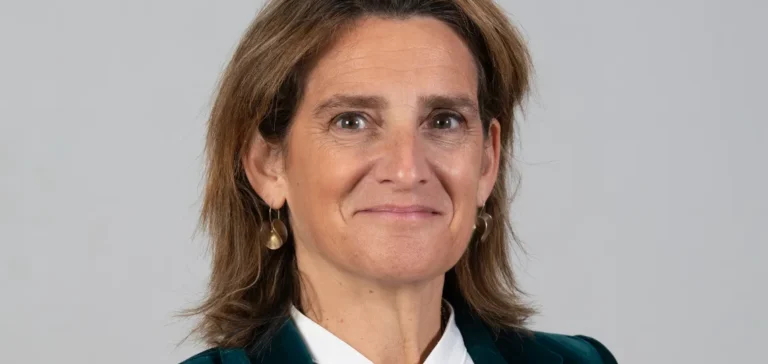Teresa Ribera, Executive Vice-President of the European Commission responsible for ecological transition and competition, made remarks widely reported by major international press agencies. During an official visit to Beijing ahead of the forthcoming European Union-China summit, she explicitly warned against trade practices potentially damaging to European companies. Among the concerns highlighted are the impacts of low-cost Chinese manufacturing supported by significant state subsidies. The European Union’s (EU) objective is clearly to safeguard the competitiveness of its industries without engaging in a tariff war.
Statements Widely Disseminated
While these statements were initially collected by Agence France-Presse (AFP), other global agencies such as Reuters and Arab News also reported the comments with similar accuracy. Reuters, in particular, quoted nearly verbatim Ms. Ribera’s warning about the importance for the EU of avoiding a downward spiral in salary and environmental standards. This international coverage reflects the sensitivity and strategic significance currently attached to EU-China trade relations. Arab News, relaying these comments via Yahoo Finance, confirmed this media trend by addressing the EU’s concerns regarding a potential saturation of the market by cheap Chinese goods.
Industrial and Commercial Tensions Rising
These concerns arise in a context marked by significant economic tensions between the European Union and China. Brussels had previously indicated a willingness to respond firmly to Chinese competition, with concrete measures such as the recent imposition of tariffs of up to 35% on Chinese electric vehicles. An investigation into Chinese solar panel manufacturers was also launched to identify potential unfair trade practices. Primarily, this strategy aims to prevent a deterioration of internal economic conditions due to massive imports of subsidized Chinese products.
Sino-American Relations as a Backdrop
Simultaneously, Teresa Ribera commented on U.S. strategy, specifically recent decisions by American President Donald Trump characterized by rising trade protectionism. The European official suggested that the American approach could inadvertently provide Beijing an opportunity to strengthen its international position. These remarks, also reported by multiple international agencies, underscore a complex diplomatic dynamic, where economic decisions made by Washington directly influence EU-China trade relations. In this context, the European Union finds itself in a delicate position, seeking to preserve its economic interests while navigating between two major trading powers with opposing strategies.






















